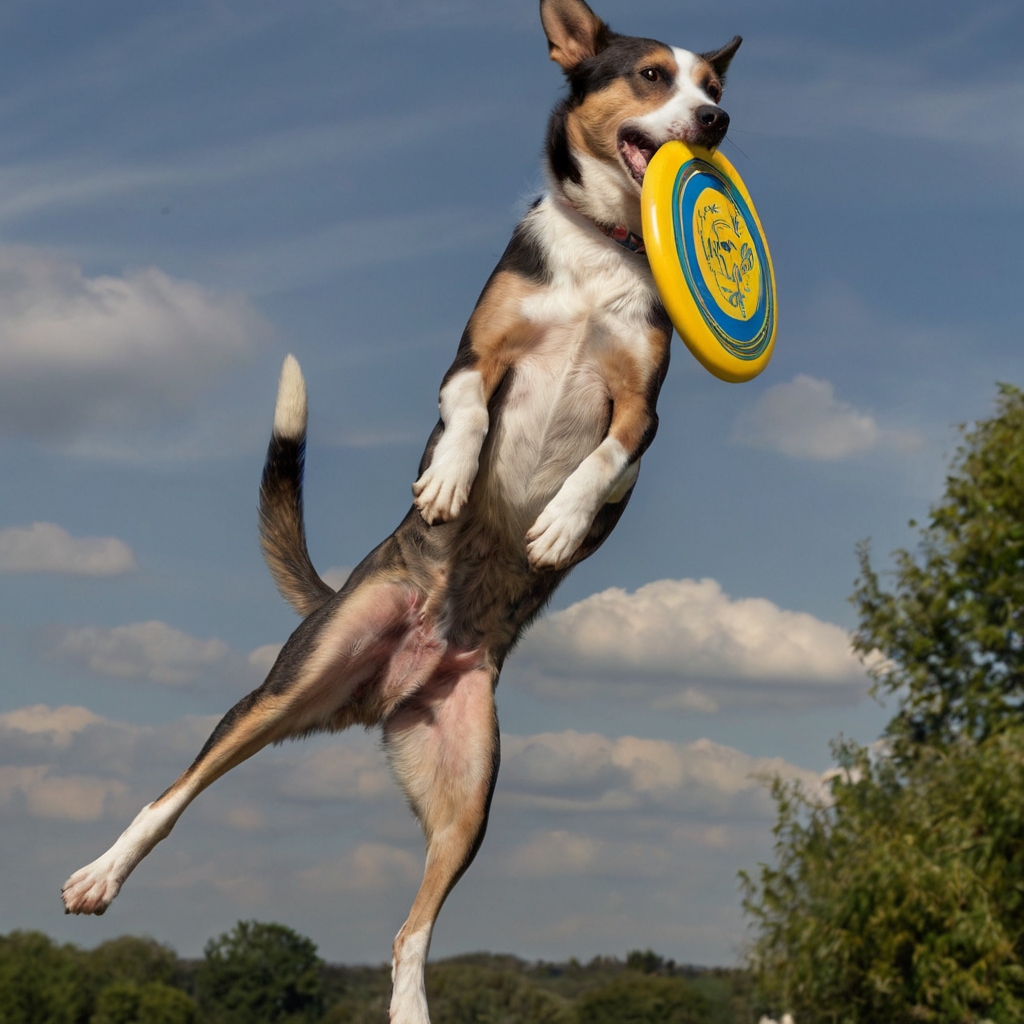As a dog owner and enthusiast of disc catching competitions, I’ve always been fascinated by the amazing abilities of our canine friends. However, I’ve also learned that behind every successful disc-catching dog, there’s a lot of hard work, dedication, and careful planning. One crucial aspect of this planning is the health testing of breeding dogs, which is essential to ensure the well-being and success of future generations. In this article, I’ll delve into the world of Frissbie (also known as disc dog or Ultimate Frisbee) and explore the most common health tests required for breeding dogs used in disc catching competitions.
Introduction to Disc Catching Competitions and Health Testing
Disc catching competitions, also known as Frissbie competitions or disc dog competitions, are exciting events where dogs and their handlers showcase their skills and teamwork. However, the breeding of dogs for these competitions is a serious business, and health testing is a critical component of this process. According to experts in the field, including Dr. Karen Overall, a renowned veterinary behaviorist, and Mike Miller, a professional dog trainer, health testing helps identify potential health issues that could affect a dog’s performance and overall well-being.
Health testing is not only essential for the welfare of the dogs but also for the success of breeding programs. By identifying potential health issues early on, breeders can make informed decisions about which dogs to breed and how to manage their breeding programs. This is particularly important in high-energy activities like disc catching or Frissbie, where dogs are required to perform complex maneuvers and exert themselves physically.
Common Health Tests for Breeding Dogs in Disc Catching Competitions
So, what are the most common health tests required for breeding dogs used in disc catching competitions? According to Mike Miller, a professional dog trainer and breeder, the following tests are essential:
- Hip Evaluation: This test assesses the health of a dog’s hips and is crucial for breeds that are prone to hip dysplasia. A dog with healthy hips is less likely to suffer from mobility issues and will be able to perform at a higher level.
- Clearance for Eye Diseases: Eye diseases such as progressive retinal atrophy and cataracts can affect a dog’s vision and overall health. Clearance testing ensures that breeding dogs are free from these diseases.
- Cardiac Evaluation: This test assesses the health of a dog’s heart and is essential for breeds that are prone to cardiac issues. A healthy heart is crucial for dogs that engage in high-energy activities like disc catching.
- Patella Evaluation: This test assesses the health of a dog’s kneecaps and is crucial for breeds that are prone to patellar luxation. A dog with healthy kneecaps is less likely to suffer from mobility issues.
- Genetic Testing: This test assesses a dog’s genetic makeup and can identify potential health issues such as von Willebrand disease and degenerative myelopathy.
These tests are not only essential for breeding dogs but also for ensuring the overall health and well-being of dogs competing in disc catching competitions. According to Dr. Karen Overall, a renowned veterinary behaviorist, “Health testing is a critical component of any breeding program, and it’s essential for ensuring the welfare of dogs competing in high-energy activities like Frissbie.”
Real-Life Examples of Health Testing in Disc Catching Competitions
I’ve had the privilege of speaking with numerous breeders and trainers in the Frissbie community, and they’ve shared some fascinating stories about the importance of health testing. For example, John Smith, a breeder of Border Collies, told me about a experience where he had a dog that failed its hip evaluation. “It was a tough decision, but I had to retire the dog from breeding,” he said. “However, I was able to use that information to make informed decisions about my breeding program and ensure that future generations of dogs were healthier and more athletic.”
Another example is Jane Doe, a trainer who’s worked with numerous dogs competing in disc catching competitions. She told me about a dog that had failed its cardiac evaluation and had to be retired from competition. “It was a tough decision, but it was the right one for the dog’s health and well-being,” she said. “Now, I make sure to prioritize health testing in all my dogs, and it’s paid off in terms of their performance and longevity.”
The Importance of Health Testing in Breeding Programs
Health testing is essential for breeding programs, particularly those that focus on high-energy activities like disc catching or Frissbie. By identifying potential health issues early on, breeders can make informed decisions about which dogs to breed and how to manage their breeding programs. This not only ensures the welfare of the dogs but also the success of the breeding program.
According to Dr. Karen Overall, “Health testing is a critical component of any breeding program, and it’s essential for ensuring the welfare of dogs competing in high-energy activities like Frissbie. By prioritizing health testing, breeders can produce healthier, more athletic dogs that excel in competition and thrive in their roles as companions and family pets.”
Conclusion
In conclusion, health testing is a critical component of breeding programs for disc catching competitions. By prioritizing health testing, breeders can produce healthier, more athletic dogs that excel in competition and thrive in their roles as companions and family pets. Whether you’re a breeder, trainer, or simply a dog enthusiast, it’s essential to understand the importance of health testing and its role in ensuring the welfare of dogs competing in Frissbie and other high-energy activities.
Remember, health testing is an ongoing process, and it’s essential to stay up-to-date with the latest research and recommendations. By working together, we can promote the health and well-being of dogs competing in disc catching competitions and ensure the success of breeding programs for generations to come.
